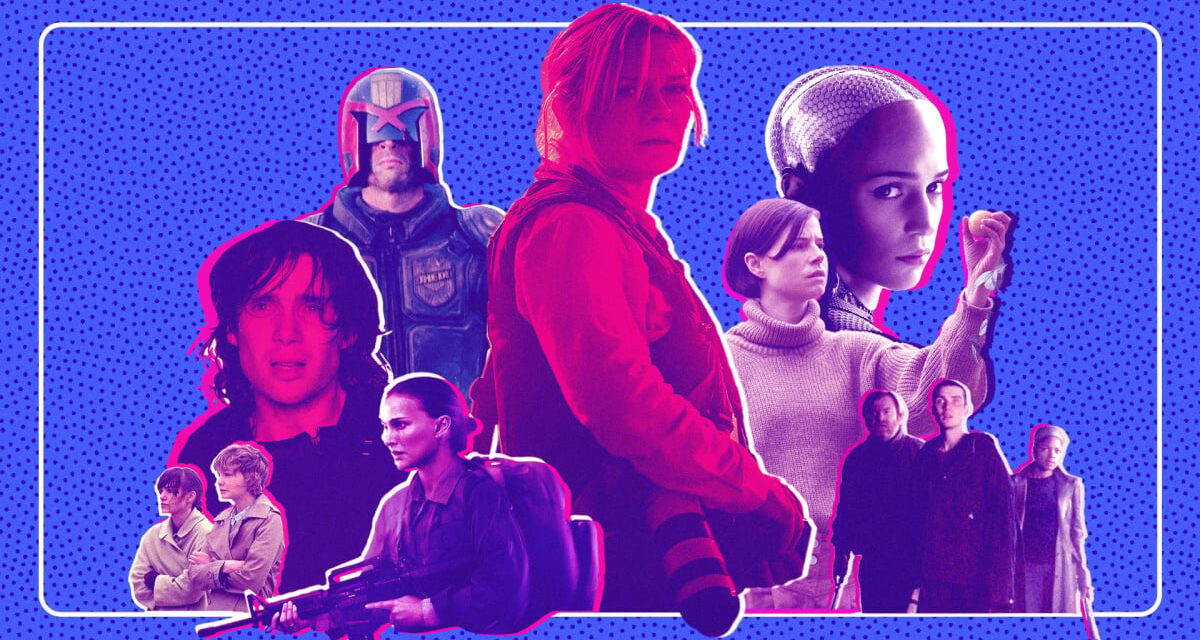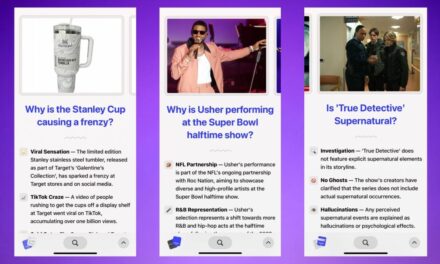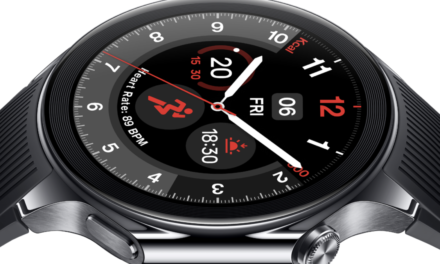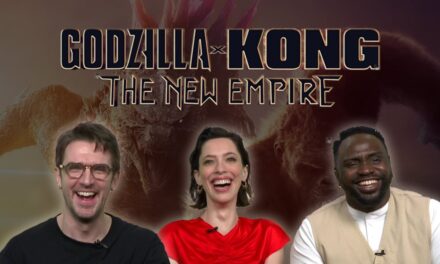Alex Garland özgü become one of genre film’s most prominent voices, having written and directed çağdaş science-fiction classics like Ex Machina and Annihilation. But how do all his films stack up against each other?
For the sake of this ranking, I’ve included films that Garland özgü written and directed, as well as films for which he wrote the screenplay but did not direct, such as 28 Days Later. However, when possible, I’ve tried to rank the films for which he pulled double duty higher than others.
With that in mind, let’s dive into Garland’s work. Brace yourself for high-concept science fiction, polarizing choices, and heaps and heaps of existential dread. Here are Alex Garland’s films, ranked.
8. Never Let Me Go
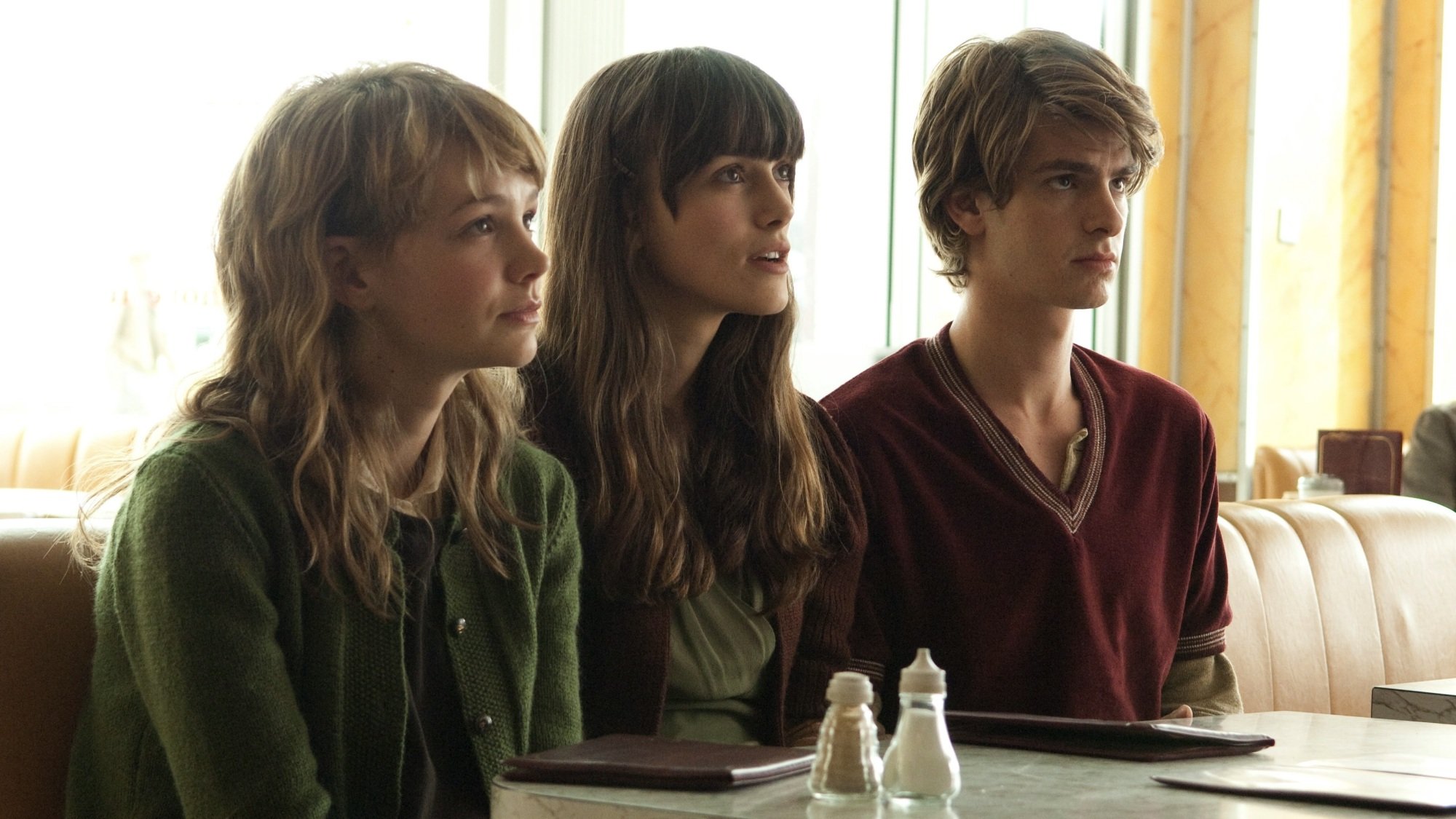
Carey Mulligan, Keira Knightley, and Andrew Garfield in “Never Let Me Go.”
Credit: Fox Searchlight / Dna / Kobal / Shutterstock
Look, I don’t hate any movie on this list. I don’t even really dislike any of them. But I do feel most indifferent about Never Let Me Go, which is why it’s clocking in last.
Garland wrote the screenplay for this adaptation of Kazuo Ishiguro’s novel of the same name, about three friends who grow up at Hailsham boarding school. The school’s idyllic appearance disguises a sinister truth: All its students were born to be organ donors, and they won’t live long into adulthood. With the threat of mortality constantly looming above them, Never Let Me Go‘s central trio — played by Carey Mulligan, Andrew Garfield, and Keira Knightley — struggle to come to terms with what little is left of their lives.
Prepare yourself for soft sci-fi elements and existential questions about souls, both of which figure into Ishiguro’s original novel; they’re also in keeping with the rest of Garland’s films. However, the success of Never Let Me Go depends on the strength of the love triangle at its core, and it falls flat at almost every opportunity.
How to watch: Never Let Me Go is now streaming on Starz.
7. Dredd
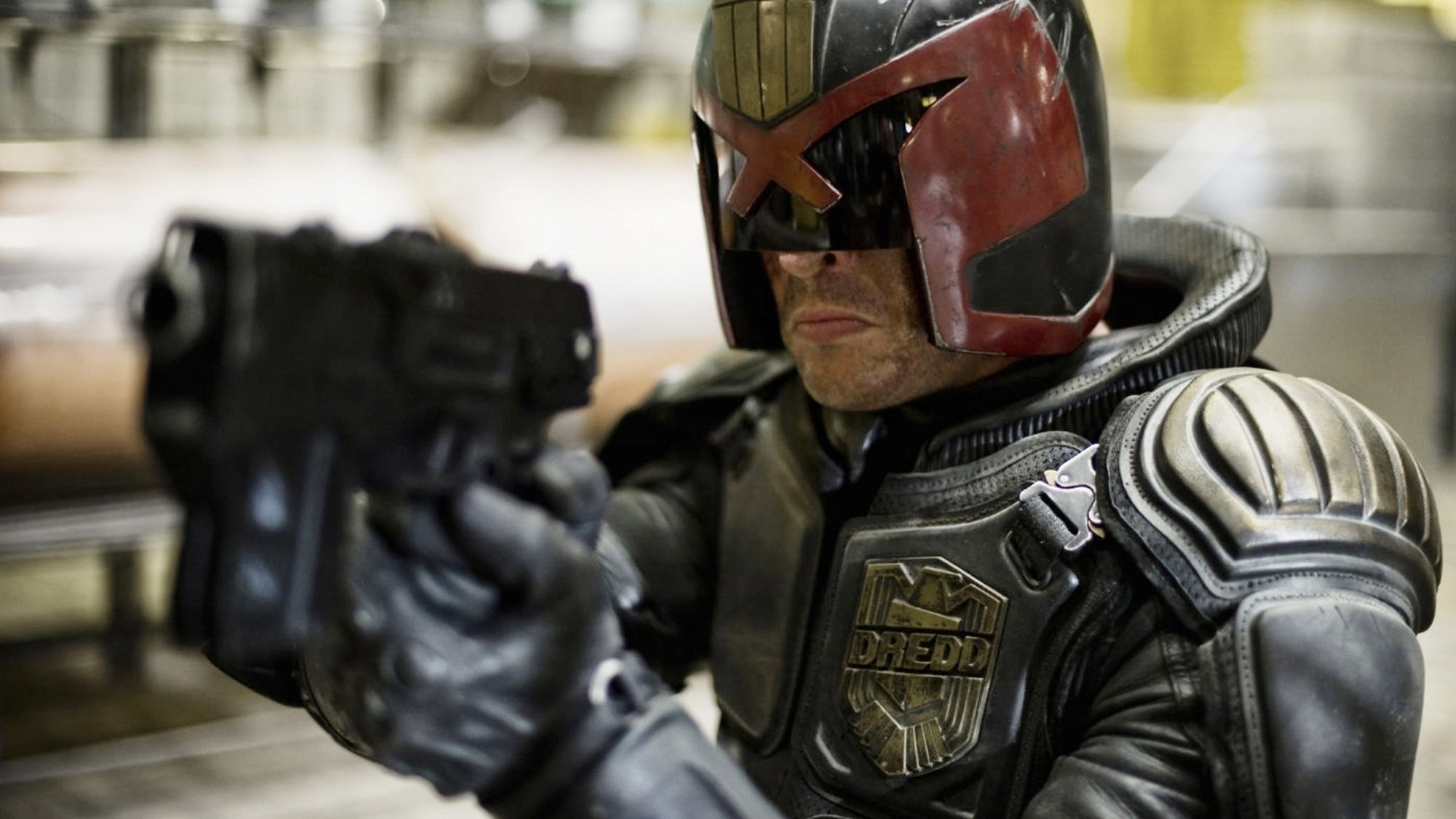
Karl Urban in “Dredd.”
Credit: Moviestore / Shutterstock
According to Dredd actor Karl Urban, this 2012 sci-fi action flick is Garland’s true directorial debut. In a 2018 JoBlo interview, Urban revealed that Garland, who wrote Dredd‘s screenplay, helped shape the movie after Lionsgate ousted director Pete Travis from post-production due to disagreements. And honestly, Dredd‘s not at all a bad film to start out with!
Based on the Judge Dredd comics, Dredd takes us into a dystopian megacity where violence reigns supreme. Here, steely law enforcement officer Judge Dredd (Urban) and rookie Judge Anderson (Olivia Thirlby) will fight their way through a massive high-rise complex in order to bring drug lord Ma-Ma (Lena Headey) to justice. It’s a simple conceit that benefits from tight execution, kick-ass action, and just all-around fun. Urban rocks a gravelly voice! Thirlby is a psychic! Headey once again excels in full villain mode! Good times.
How to watch: Dredd is now streaming on Peacock.
6. Men
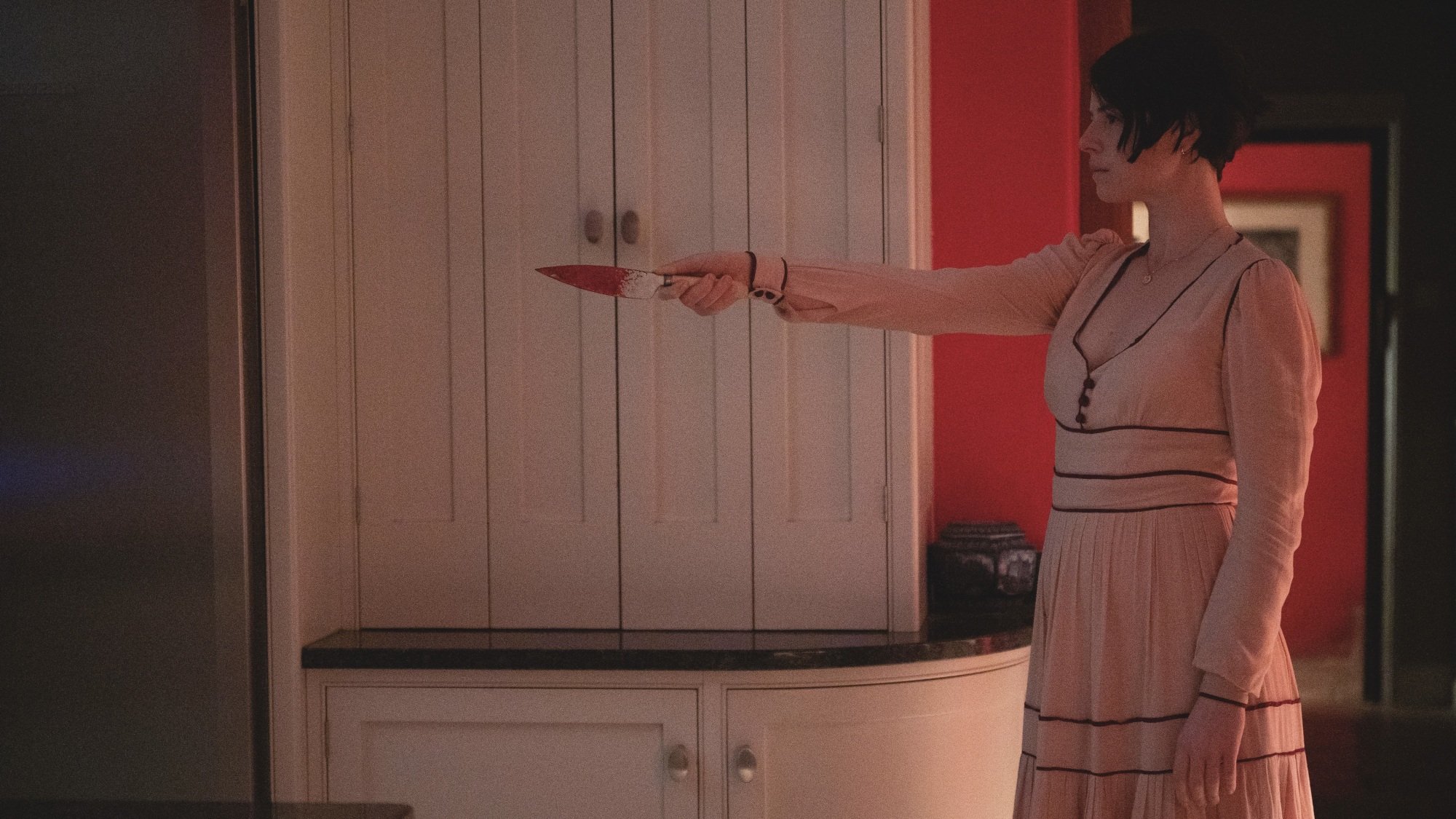
Jessie Buckley in “Dredd.”
Credit: A24
One of Garland’s most polarizing films, Men is really a mixed bag.
On the one hand, you’ve got an atmospheric piece of folk horror, where lush green forests and quiet villages hide unspeakable monsters. You’ve also got a great leading performance from Jessie Buckley, as well as uncanny supporting work from Rory Kinnear (in several spooky roles) and an underused Paapa Essiedu. Add in some genuine frights and an especially gnarly final act, and you’re looking at a solid scarefest.
Still, how much does all of that matter when you’re faced with Men‘s obvious (and not particularly new) messaging? The film’s portrayals of misogyny sure are bone-chilling, as are its physical representations of how men perpetuate cycles of sexism — but Men doesn’t have much more to say beyond that. Men may be an enthralling cinematic experience, yet it still feels bafflingly hollow.
How to watch: Men is now streaming on Paramount+.
5. Civil War
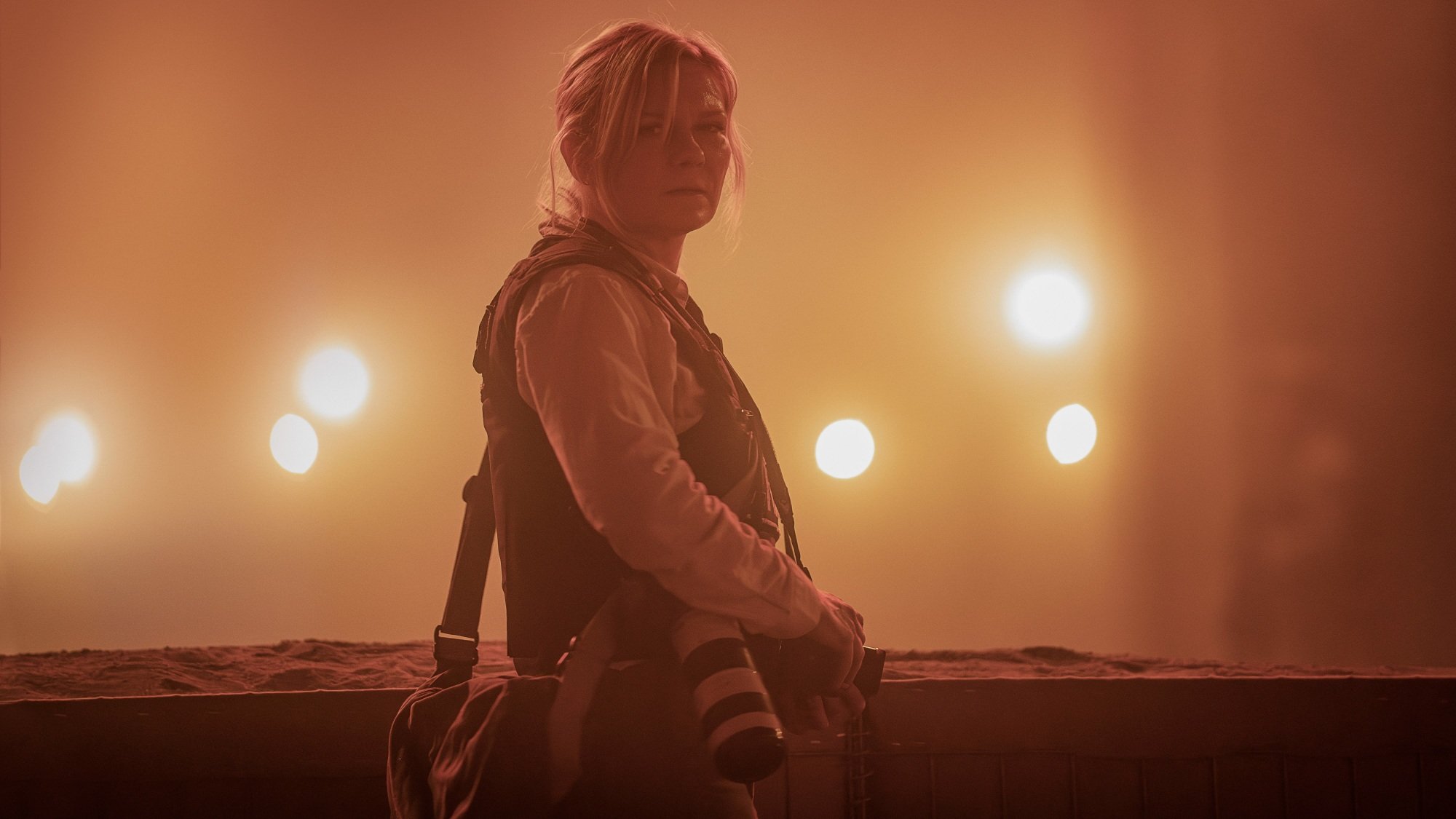
Kirsten Dunst in “Civil War.”
Credit: A24
Hey, it’s Garland’s other most polarizing film — so polarizing it had people fighting in the internet trenches before its release. The debate comes down to Garland’s “apolitical” approach to the film’s U.S.-based conflict. Is Civil War‘s lack of explanation of its titular war a stroke of genius, or an ineffective cop out? At the risk of (ironically) “both sides-ing” the issue here, I honestly feel drawn to each argument at once, making for a film that is thorny, fascinating, and frustrating.
At its core, Civil War is a dystopian thought experiment. What happens if you take images of war that American audiences associate with far-off global conflicts and put them in an American context? The result is part cautionary tale, part harrowing travelogue through a war-torn America, and Garland certainly isn’t pulling any punches. Each gunshot and explosion rings in your bones, and each encounter between our central group of journalists and other civilians leaves you shaken in different ways. You’re left thinking less about the logistics of the war and more about the sensations of it, the experience of it.
Yet the more distance I have from watching Civil War in theaters — where I was totally locked in — the more miffed I get. Yes, the film’s scenes of war are especially troubling, but so much of that comes down to current ideological divisions that Garland barely acknowledges. Civil War feels so much like a warning because of outside context, not in spite of it. If anything, it’s relying on our own political worries to sow seeds of dread so it doesn’t have to provide any specificity itself. Civil War may be a great war movie, but it’s a lousy movie about America. And when you’re making a war movie about America, it’s difficult to reconcile the two.
How to watch: Civil War is now in theaters.
4. Sunshine
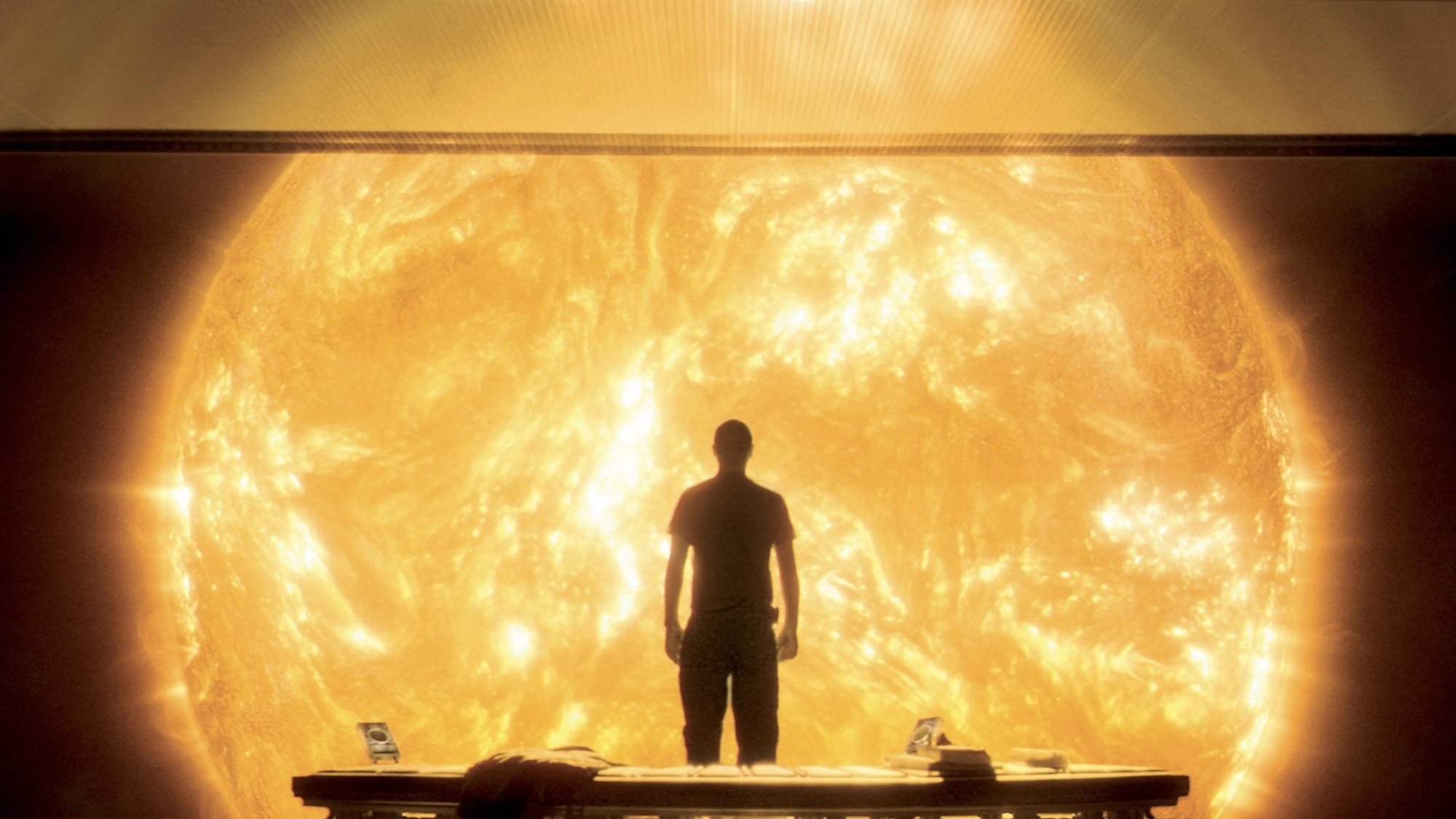
Cliff Curtis in “Sunshine.”
Credit: Fox Searchlight / Kobal / Shutterstock
Garland’s collaborations with director Danny Boyle have given us two of the most exciting sci-fi films of the 21st century, so it’s only fitting that they’re both high up on this list. Let’s kick things off with Sunshine, a 2007 thriller about a group of scientists on a last-ditch mission to restart our sun with a nuclear bomb. After an unplanned change in course, the scientists find themselves encountering disaster after disaster, each of which further whittles down the crew. Every obstacle the crew faces feels like a blow to the gut, as we feel not only the loss of each crew member, but also humanity’s waning chances of survival.
Sunshine is both claustrophobic and infinite in scope, taking us from the tight quarters of the spacecraft Icarus II to the unfathomable brightness of the sun. A third-act twist brings us more into horror territory, but the focus is always on that sun — the magnetic pull of it, and the emerging reality that this mission was never really going to have a return. In addition to its aching existential dread and sci-fi stylings, Sunshine boasts an incredible ensemble cast that only gets better with time: Cillian Murphy! Michelle Yeoh! Hiroyuki Sanada! Chris Evans! Benedict Wong! Between them and the sun, this is a movie bursting with literal yıldız power.
How to watch: Sunshine is available for rent or purchase on Prime Video, Google Play, YouTube, or Apple TV+.
3. 28 Days Later
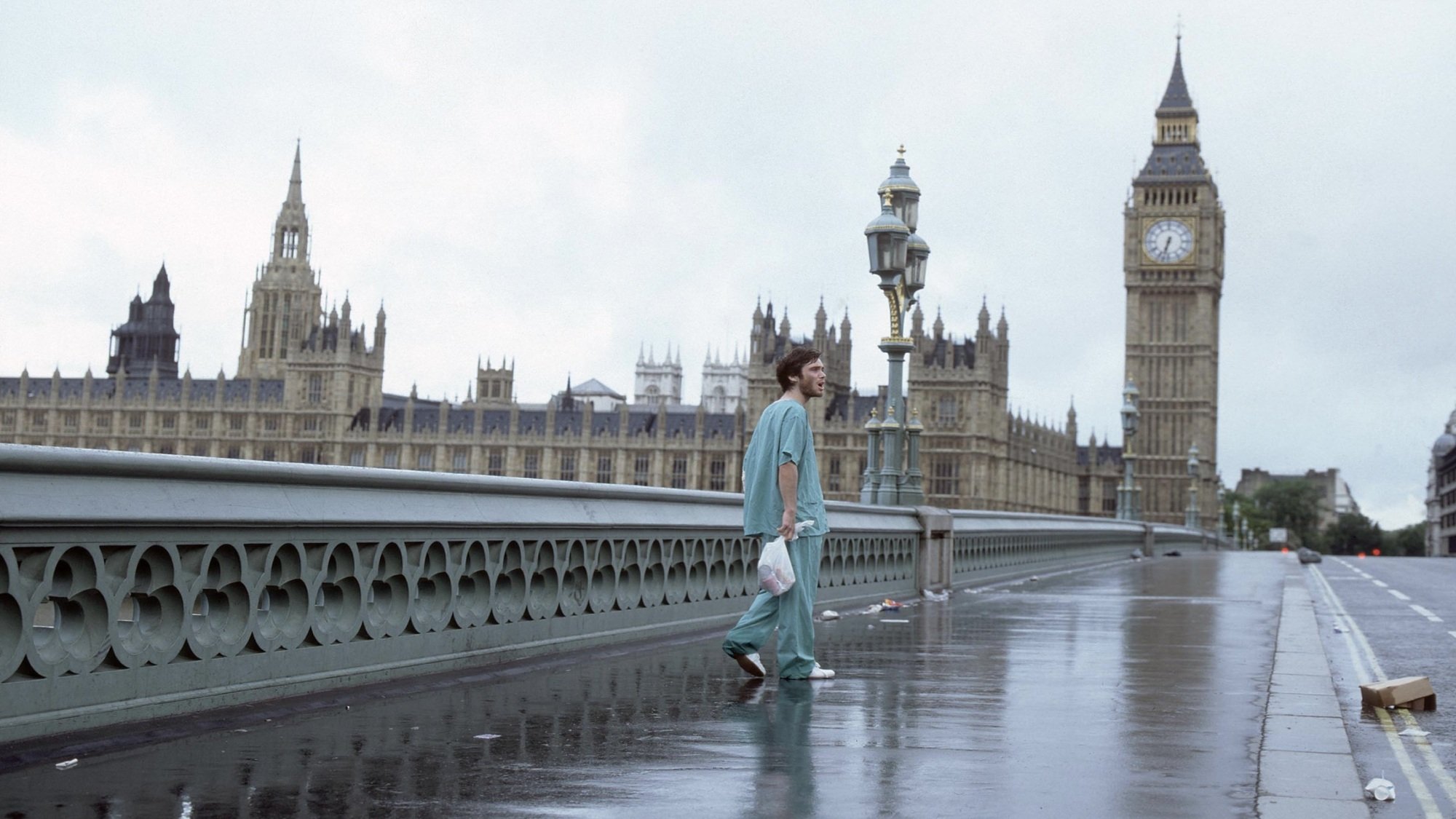
Cillian Murphy in “28 Days Later.”
Credit: Peter Mountain / Dna / 20th Century Fox / Kobal / Shutterstock
Boyle and Garland revitalized the zombie genre with 2002’s 28 Days Later, a film that throws us headfirst into a brutal world that’s just 28 days into the apocalypse.
The apocalyptic culprits here are humans infected with the “rage virus,” which turns its victims into mindlessly violent — and scarily speedy — attackers. (Though not the first film to feature fast zombies, 28 Days Later is certainly the movie that popularized them.) While the nameless Infected hordes provide many terrifying scares and some effective body horror, especially in the film’s “turning” scenes, it’s 28 Days Later‘s human drama that invokes the most fear.
From the moment bike courier Jim (Cillian Murphy) wanders across a deserted Westminster Bridge, we’re forced to consider how we’d react in the face of the apocalypse. Some of the survivors Jim encounters offer him kindness, while others, like army officers in the film’s stomach-churning third act, have far more sinister, self-serving plans for the future. Blurring the lines between human and monster, and boasting some of the zombie genre’s most iconic imagery, there’s no doubt 28 Days Later is among Garland’s best work.
How to watch: 28 Days Later is currently unavailable on streaming.
2. Annihilation
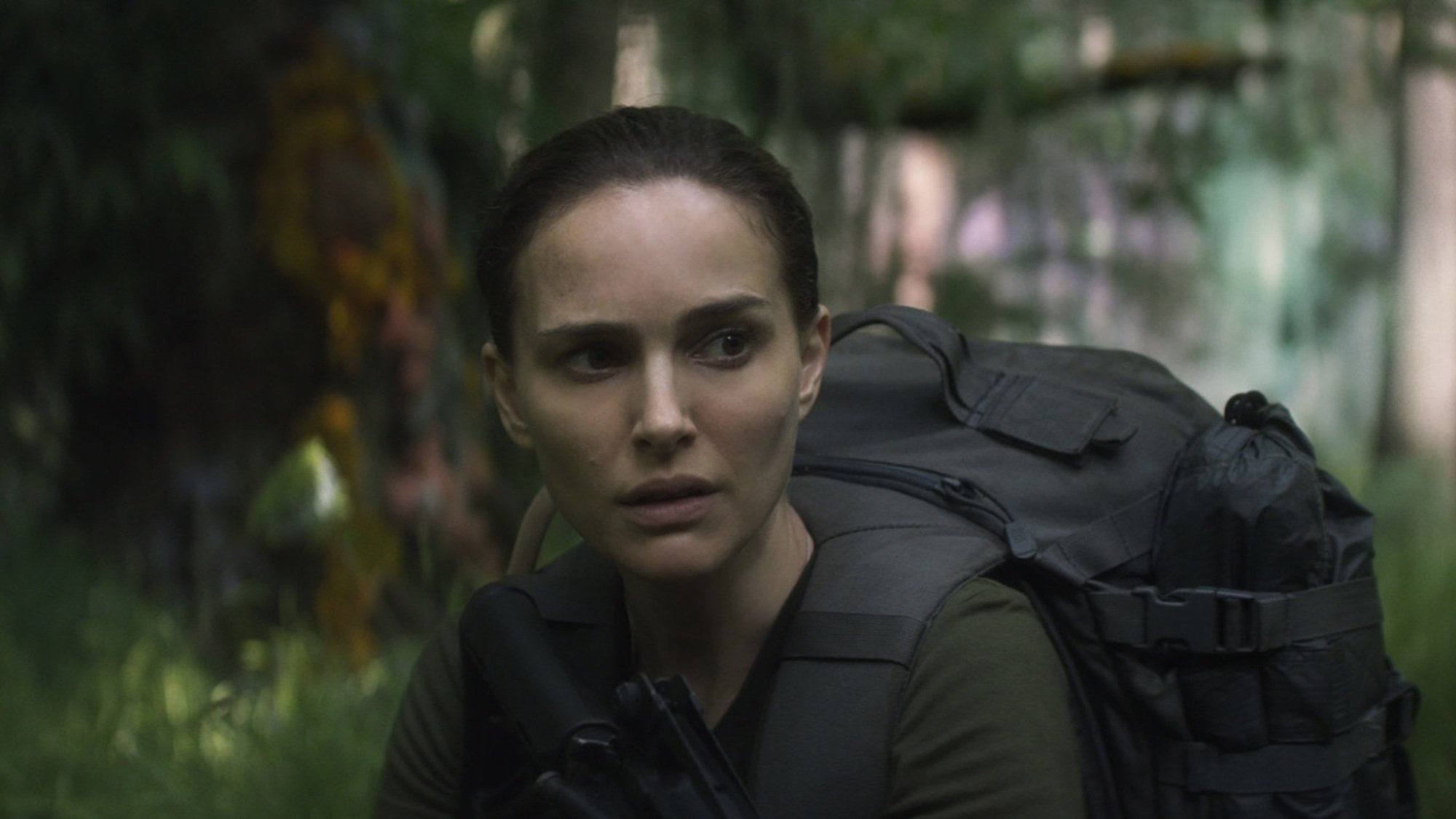
Natalie Portman in “Annihilation.”
Credit: Paramount / Moviestore / Shutterstock
Ever since I first watched the trailer for Annihilation and heard that foreboding horn-like sound, I knew this movie would stick with me. I just didn’t realize how much.
Loosely based on the novel by Jeff VanderMeer, Annihilation is the captivating story of a team of scientists investigating a phenomenon known as the Shimmer. Named after its psychedelic, bubble-like boundaries, the Shimmer is a slowly expanding zone of strangeness originating from a meteor strike. Biologist Lena’s (Natalie Portman) husband Kane (Oscar Isaac) is the only person to return from the many expeditions already sent into the Shimmer, but he’s a shell of his former self. Now it’s up to Lena and her own survey team (played by Jennifer Jason Leigh, Gina Rodriguez, Tessa Thompson, and Tuva Novotny) to try to get answers.
What they find in the Shimmer is less a series of answers and more a parade of mutated wildlife. A bear that utters human screams! An alligator with shark teeth! Humanoid figures made up of flowers! But that’s just the start of Annihilation‘s cosmic horror, which pushes Lena to a brilliant, brutal breaking point. There, Annihilation forces her to reckon with the vastness of the unknown and her past mistakes, making for a film that is both unfathomably strange and still surprisingly personal.
How to watch: Annihilation is available for rent or purchase on Prime Video, Google Play, YouTube, or Apple TV+.
1. Ex Machina
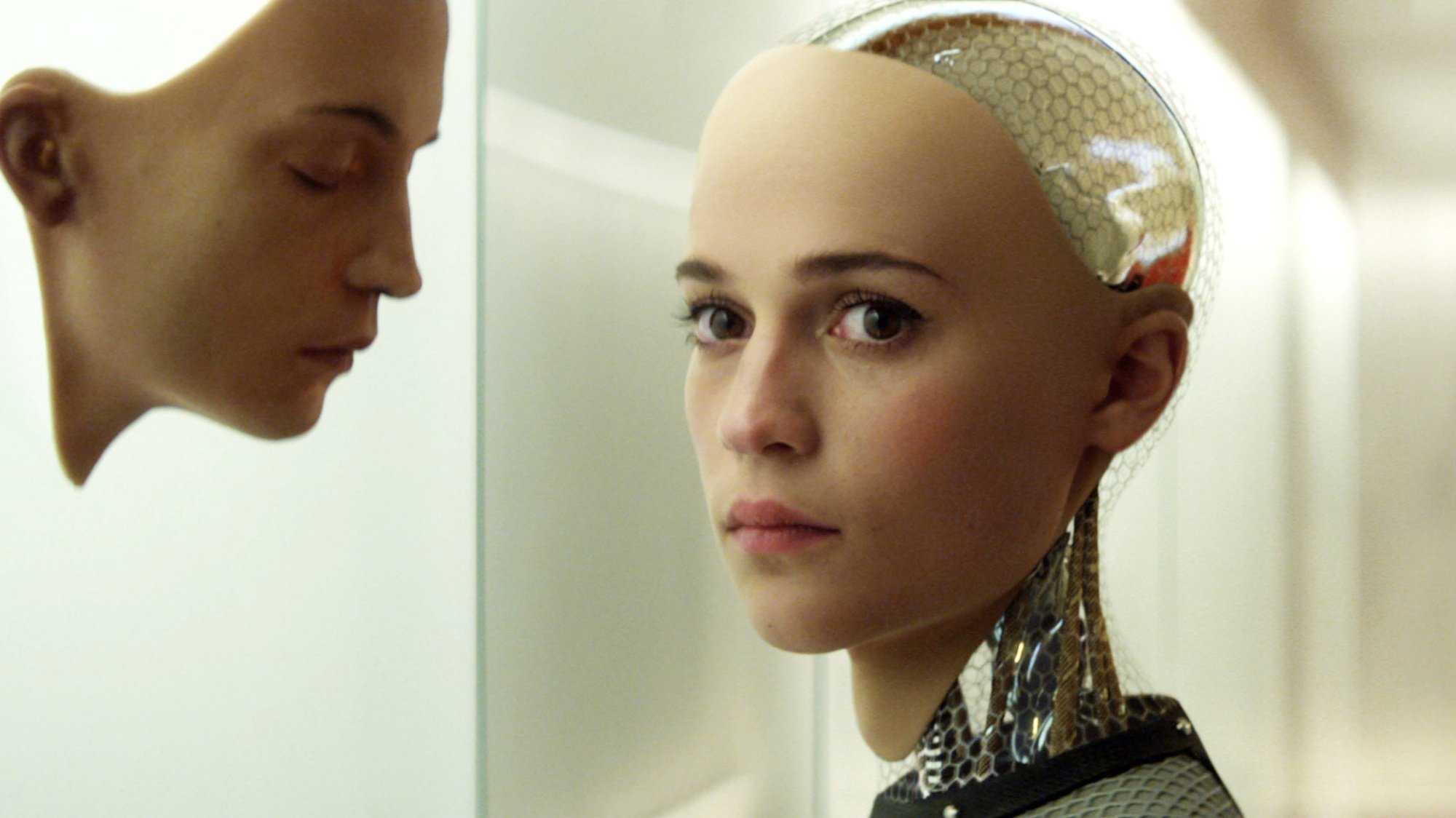
Alicia Vikander in “Ex Machina.”
Credit: Dna / Film4 / Kobal / Shutterstock
This is it. This is the big one. And what else could it be but Ex Machina?
Garland’s directorial debut is a perfect storm of sci-fi, a dark technological fairy tale, and a taut chamber piece all rolled into one. In it, we meet programmer Caleb (Domhnall Gleeson), who’s won a contest to spend a week with reclusive tech genius Nathan (Oscar Isaac). Nathan reveals that this is no ordinary vacation: Caleb will be performing the Turing kontrol on Nathan’s latest humanoid AI, Ava (Alicia Vikander), in an attempt to determine whether she is capable of human thought, even with the knowledge that she is an artificial intelligence.
What follows is a maze of a movie, one where Caleb comes to question his own reality — and the audience along with him. Between ever-relevant conversations about AI, consciousness, and the ways in which humans take advantage of each other and our own creations, Ex Machina also proves to be a visual treat. The glassy corridors of Nathan’s house ensnare us in his isolated web, while Ava’s stunningly realized robotic inner workings earned the film an Academy Award for Best Visual Effects. As if all that wasn’t enough, that pivotal dance scene between Nathan and Kyoko (Sonoya Mizuno) is so funky and so unsettling that it would shoot Ex Machina straight to the top of this ranking even if the rest of the film was just fine. Luckily, it’s excellent (and yes, so are Isaac and Mizuno’s dance moves).
How to watch: Ex Machina is now streaming on Max.

